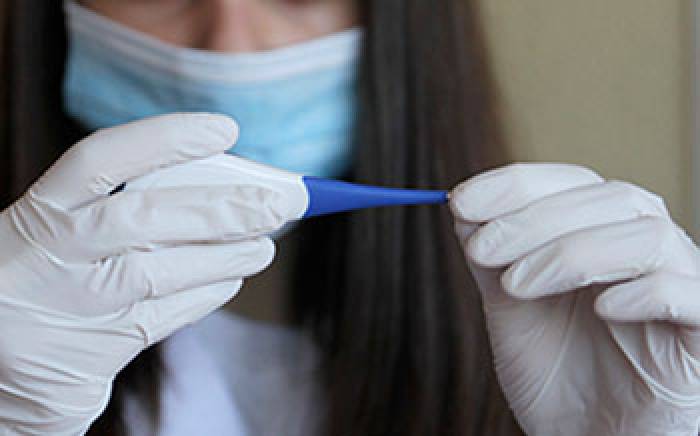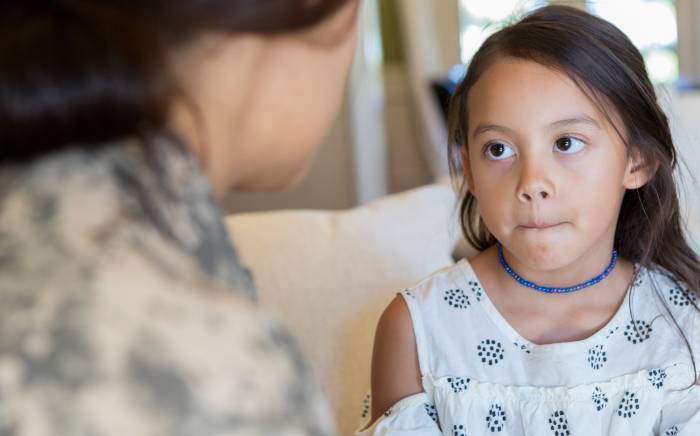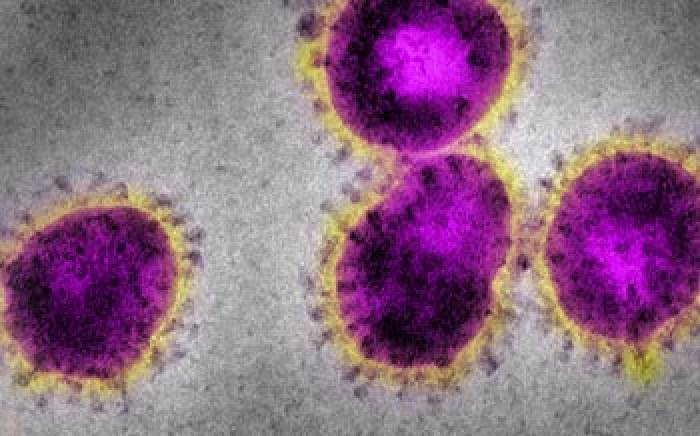Meningitis is a rare but serious disease that causes inflammation around the outer membrane covering the brain and spinal cord. Meningitis can occur in infants, children and adults. Although the condition is potentially life threatening if untreated, children who receive prompt medical attention usually recover fully.
Causes
Meningitis is usually caused by viral or bacterial infections. Viral meningitis is usually caused by viruses passed from person to person through direct contact or through respiratory droplets from coughing or sneezing. Children with viral meningitis almost always make a complete recovery. Bacterial meningitis is caused by an infection that gets into the blood stream, but only a few children will actually develop meningitis from this. However, there can be many serious complications from bacterial meningitis.
Signs and Symptoms
Usually symptoms become obvious after 2–4 days of infection. In children older than age 10, symptoms usually appear suddenly. Signs may include:
infants: poor feeding, restlessness, irritability, lethargy, jaundice, bulging fontanel (soft spot on top of head), fever, high-pitched cry, arching of the back and crying when picked up or held
in children 1 year old or older: confusion, stiff neck, fever, rash, vomiting, seizures, headache, lethargy, irritability, refusing to eat and photophobia (sensitivity to light)
Care
In addition to a complete medical history and examination, diagnosing meningitis may include a blood test and a lumbar puncture (spinal tap). An X-ray of the brain called a CAT scan is done, which is more detailed than a general X-ray. If it is viral meningitis, the child may or may not be hospitalized depending on the severity. The child may be treated with bed rest and plenty of fluids. If it is bacterial meningitis, the child will be hospitalized and given IV antibiotics, fluids and be monitored by medical staff for complications.
Prevention of Meningitis
Be aware of the signs and symptoms of meningitis. Contact your child’s doctor if symptoms appear or if your child’s playmates have been diagnosed with meningitis. Good hand washing helps prevent meningitis as well as other illnesses. Several vaccines are currently available and are part of your child’s routine immunizations. Many colleges and universities now require meningitis vaccinations for students living in dorms.
This article was written by Cathy Hausel, RN, Answer Line nurse at St. Louis Children’s Hospital.












